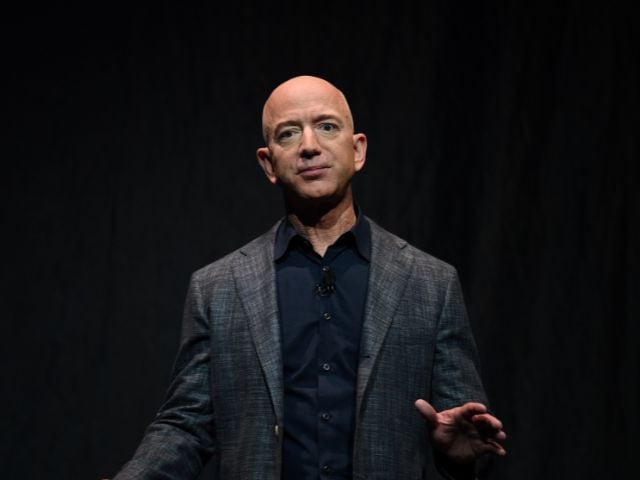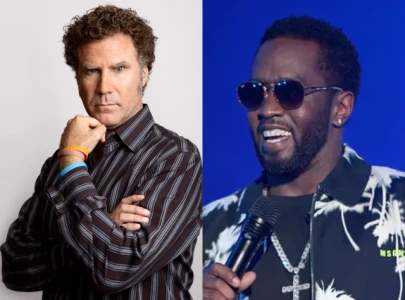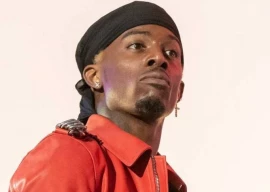
The Washington Post faced a significant backlash recently, losing over 200,000 subscribers following its decision not to endorse a presidential candidate for the upcoming 2024 U.S. election.
The decision, reportedly led by owner Jeff Bezos, drew swift criticism and led to the departure of several editorial board members. “Jeff Bezos tanked button,” remarked one user online, while others condemned the move as “a violation of free speech” and “illegal censorship.”
this is illegal censorship btw https://t.co/0Ur5R3Food
— pinky girl ❦ (@bimbogfpinky) October 29, 2024
According to NPR, the decision impacted both digital and print subscribers, leading to about 8% of the publication’s total circulation being canceled.
One user commented, “Regardless of how you feel about the US election and candidates, the fact that a single billionaire prevents a news outlet from expressing their opinions is harrowing.”
Regardless of how you feel about the US election and candidates, the fact that a single billionaire prevents a news outlet from expressing their opinions is harrowing https://t.co/VLJVi6hUZH
— Meemo the Poyoyo (@floralharajuku) October 29, 2024
Others expressed discontent with Bezos, with one former subscriber saying, “I knew I was right when I said I was boycotting Amazon years ago,” while another added, “Let’s do Amazon too.”
I knew I was right when I said I was boycotting Amazon years ago 😁 https://t.co/3AieqwVyDf pic.twitter.com/2O3I7Is8vG
— 𝕤𝕠𝕠𝕟𝕚𝕖 𝕥𝕣𝕦𝕥𝕙𝕖𝕣 🌸 (@yixingsslipons) October 29, 2024
jeff did a literal violation of free speech- you’re allowed to endorse whoever you want https://t.co/E6XSnWM6Sa
— pop culturist (@popculturist3) October 29, 2024
Bezos addressed the backlash in a Washington Post opinion piece, defending the move as a step toward neutrality and rebuilding trust in media.
“No undecided voters in Pennsylvania are going to say: ‘I’m going with Newspaper A’s endorsement. None,” he wrote, adding, “What presidential endorsements actually do is create a perception of bias. A perception of non-independence. Ending them is a principled decision, and it’s the right one.”
However, the decision also stirred division within the publication itself. Former editorial board member David Hoffman cited the “very real threat of autocracy in the candidacy of Donald Trump,” calling the policy shift “untenable and unconscionable” and asserting, “we face a very real threat of autocracy in the candidacy of Donald Trump."
Hoffman, along with other notable contributors like Eugene Robinson, Ruth Marcus, Bob Woodward, and Carl Bernstein, criticized the non-endorsement as a deviation from the Post’s history of journalism.
The Washington Post, known for its slogan “Democracy Dies in Darkness,” has endorsed a candidate since 1976, beginning with its support for Jimmy Carter.
Social media backlash also saw critics referencing this slogan, with screenshots of canceled subscriptions circulating widely. “Democracy Dies in Darkness,” wrote one user in response to the perceived hypocrisy of the non-endorsement.
The sentiment echoed across social platforms, with users declaring their disapproval of the editorial change and calling for further boycotts of Bezos-owned companies.
The Washington Post’s editorial policy shift, combined with Bezos’s ownership influence, has fueled broader discussions on media independence and billionaire influence in journalism, particularly in a politically charged climate with only a few days remaining until Election Day on November 5.
Another noted, “I knew I was right when I said I was boycotting Amazon years ago.”
In response to the criticism, Bezos defended the decision in an op-ed, saying, “What presidential endorsements actually do is create a perception of bias. A perception of non-independence,” and added, “No undecided voters in Pennsylvania are going to say: ‘I’m going with Newspaper A’s endorsement.’ None.”
With the U.S. presidential election on November 5, 2024, the controversy surrounding the Washington Post’s non-endorsement has fueled debate about the influence of media owners on journalistic objectivity and the future of press independence.



1732256278-0/ellen-(1)1732256278-0-165x106.webp)
1725877703-0/Tribune-Pic-(5)1725877703-0-165x106.webp)


1732259077-0/carti-(1)1732259077-0-270x192.webp)









COMMENTS
Comments are moderated and generally will be posted if they are on-topic and not abusive.
For more information, please see our Comments FAQ